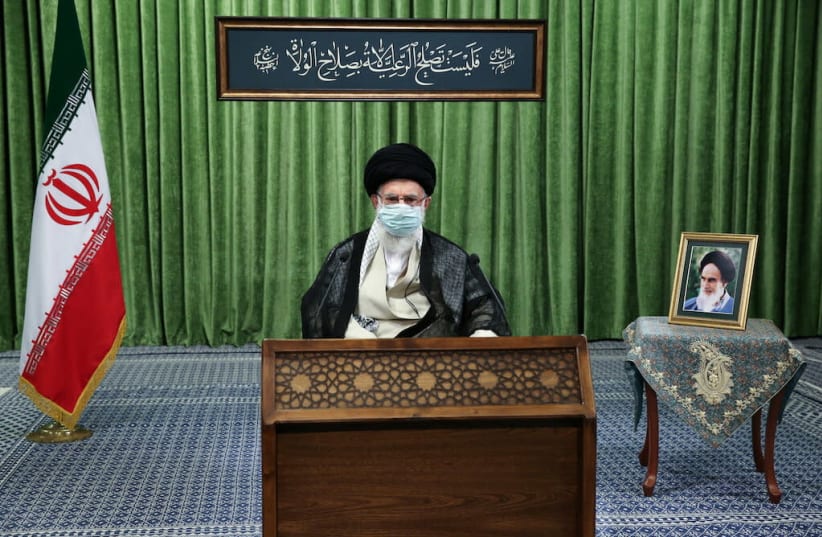TV showed Khamenei, 82, receiving what it said was the COVIran Barakat vaccine, developed by a state-affiliated conglomerate and approved for public use earlier this month.
Iran, with a population of 83 million, has recorded 83,588 deaths from coronavirus, the highest toll in the Middle East. The government of outgoing President Hassan Rouhani has blamed a so-far slow vaccination drive on U.S. sanctions hampering efforts to buy foreign vaccines and on delays in deliveries.
The country launched human trials of COVIran in December and has since started clinical trials of at least three other vaccines.
In January, Khamenei banned health officials from importing US- and British-made vaccines, which he said were unreliable and might be used to spread the infection to other nations.
Officials say Iran is speeding up its vaccination drive using imported vaccines as well as COVIran Barakat, Russia's Sputnik V which is being made locally and a vaccine jointly produced with Cuba.
Iran is also participating in the COVAX scheme, run by the GAVI vaccine alliance and the World Health Organization, that aims to secure fair access to vaccines for poorer countries.
Food, medicine and other humanitarian supplies are exempt from sanctions that Washington reimposed on Tehran in 2018 after President Donald Trump walked away from a 2015 international deal over Iran’s nuclear program.
But the U.S. measures, which target sectors including oil and financial activities, have deterred some foreign banks from processing financial transactions with Iran. Tehran says this has frequently disrupted efforts to import essential medicines and other humanitarian items.
